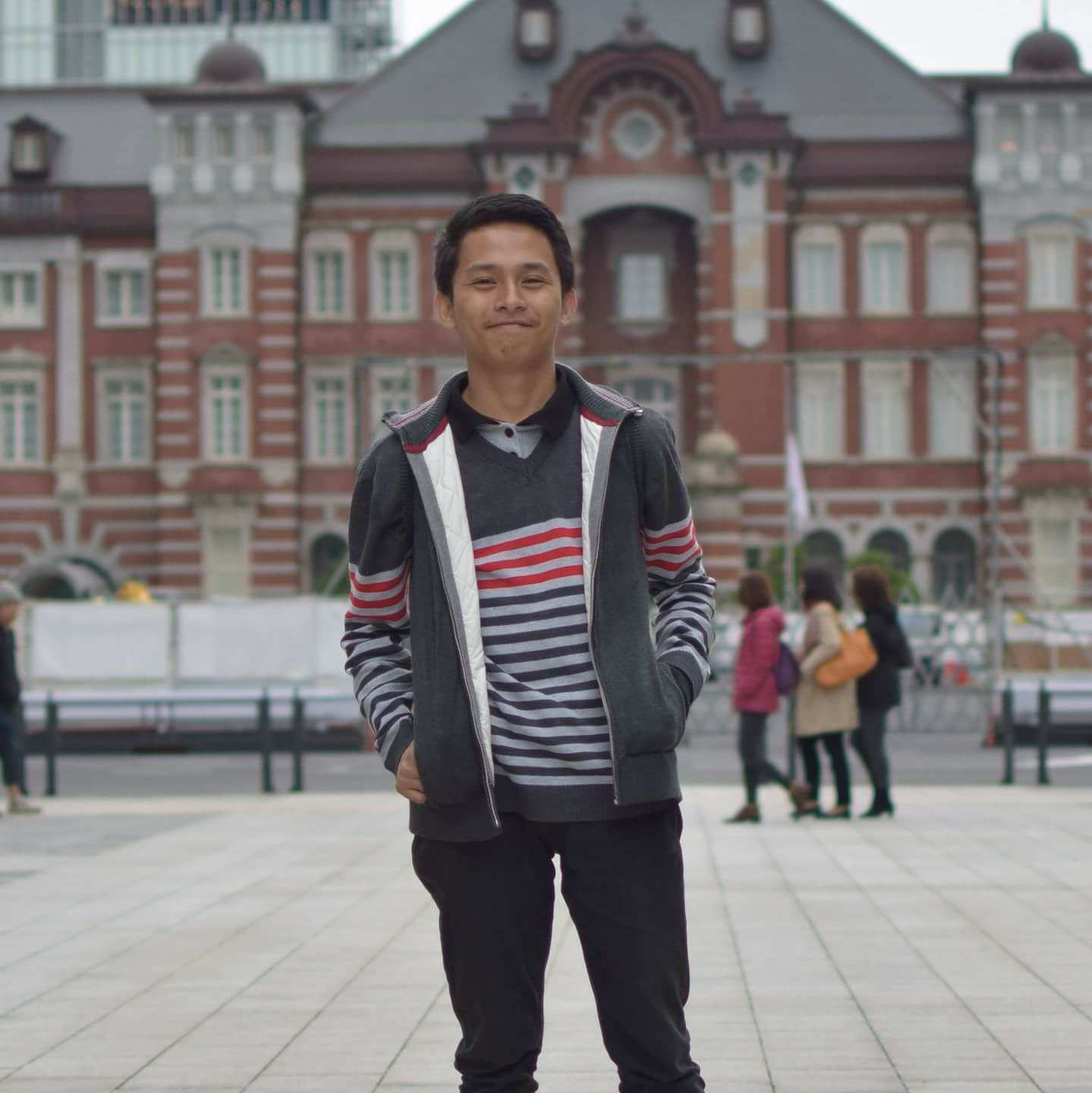
On September 21, 1972, then president Ferdinand Marcos signed Proclamation No. 1081, placing the entire Philippines under martial law to address an intensifying communist
insurgency.
Many regard it as the Philippines’ darkest time. Under martial law there were widespread excesses and human rights abuses, with many killed, tortured or declared missing.
On Jan. 17, 1981, martial law was formally lifted.
But up to now, victims of human rights violations continue to seek justice.
Fast-forward to the present time. Amid the rising conflicts in Mindanao and the clashes in Marawi City related to the Maute Group, current President Rodrigo Duterte on May 23 placed Mindanao and its nearby islands under martial law.
Cebu Daily News asked eight Cebuano youths about their insights on Martial Law.

CARLA FATIMA FAR, 18
Senior high at University of San Carlos
“Martial law can work for and against us. I see it as one solution to the rampant criminality and corruption, along with terrorist attacks and related incidents.
Discipline—this is what
our countrymen lack. Then again martial law can also be a disadvantage because some of our basic human rights would be curtailed
or prohibited.”

BONA THERESE SOTTO, 17
Senior high at Saint Peter Academy of Alegria Inc.
“I think martial law has its positive and negative side.
It can be a way to discipline Filipinos, since we’ll be
under the control of the country’s armed forces. On the other hand, what’s not favorable about it is that people will have less freedom and their actions will be limited. But I believe
martial law can make the Philippines better, led by
the President and how he’d rules the country. Young people should have an open mind towards martial law. Look at the positive side and not focus on the negative. Only then will we be able to understand it well.”

MITZI MAY DILUVIO, 16
Senior high at Saint Peter Academy of Alegria Inc.
“Martial law is an act
imposed by an administration with the head of state constraining everything and the military given
higher authority to maintain public order and security. Discpline enforced
during martial law is very high, with rules and laws applied at its strictest levels. When applied with the right intentions, our security and public order will be assured. But when not executed properly, things will be like what happened during Marcos’ regime. Human rights were abused,
every speck of opposition was pushed out of the way, and freedom of expression especially those opposing the government was not tolerated. But all that
is in the past. The situation is very different now.”

EARL VINCENT ENDAB, 21
Social Science Instructor in Southwestern University-Phinma Senior High School Level
“It has been decades since former president Ferdinand Marcos declared martial law in our country, and it was one of the darkest eras for the Philippines. It led to many human rights violations and gave a platform for the ruling class to exploit fellow countrymen. Until now, families of the victims are still waiting for justice. I believe the declaration of martial law will not bring discipline to people. It will just impose fear, silencing those who wish to exercise their freedom of speech. Instead of granting the people their right to voice out their concerns, martial law will render them voiceless.
“Nation building is the collective effort of the people and the government. The government should hear the problems and cries of its people and do their best to deliver fair solutions. To answer them not with bullets and suspension of their rights, but with justice that would truly help. In the end, what our country needs to become a better nation is not through the implementation of martial law, but the peaceful union and collective efforts of its citizens, especially of the government. The government should focus on the root of the problems we face in society, such as expanding the budget for education instead of spending unjustifiable amount of money elsewhere. Education should be a right and a priority, and should never be
a privilege for a chosen few. Education should be accessible to all, especially to the youth who are the “pag-asa ng bayan.”

CHONA MONTECILLO, 23
“Martial law is really not the only way to impose discipline. Our speech and expression will be restricted. It will just create chaos and make the situation in the Philippines worse.”

WINROSE VILLARMA, 18
Photojournalist in the Nation Builder, the official students publication of the Cebu Technological University-Main Campus
“The implementation of martial law in the country today does
not assure that we will be a better
nation. Discipline should be
innate in all of us to begin with. Positive behavior and discipline.”

JOEVELON G. PINAY, 26
A.B Mass Communication at University of San Jose-Recoletos
“Martial law was the time when our government was run by authoritarianism. Filipinos had to abide by the dictates of government. Offenders were
apprehended and jailed by authorities. Yes, people were deprived of fundamental human rights. Media is not allowed to say negative things about the government.
“For me, the implementation of martial law brings no good. It will affect the economy and will take us nowhere.”

ROBINSON IGOT JR., 19
Bachelor of Science in Industrial Engineering at CTU-MC
“Today we commemorate the 45th anniversary of the declaration of Philippine martial law. I view it as an obelisk of
an administration devoured by lust of power and selfishness. Martial law during Marcos’ time was a monopoly of power and deprivation of freedom
of expression. I don’t want it to happen today because it doesn’t impose true discipline. It just brings about fear.
“As a millennial we want to be part of the positive change we wish to see in our country and respond to its needs. We don’t want to be restricted. We want to serve.”



